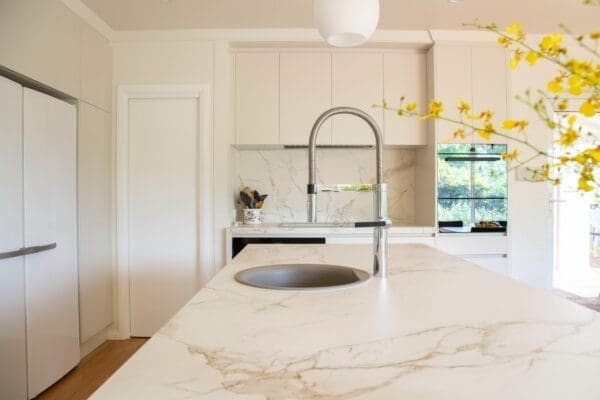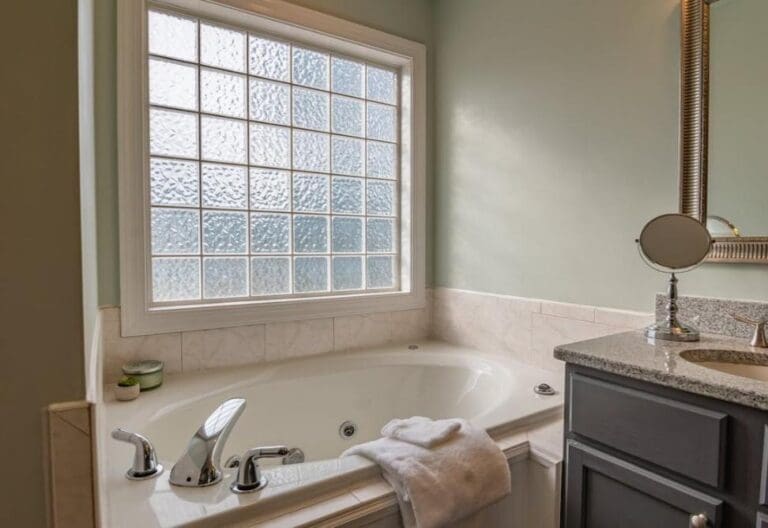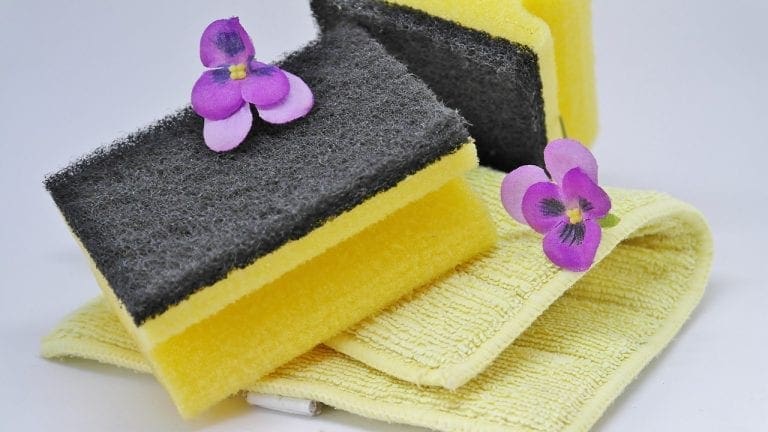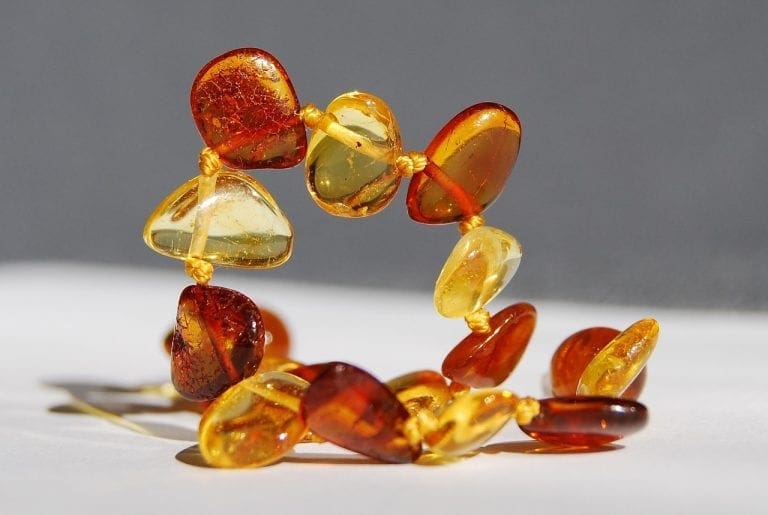Best Countertop Material Options for a Durable Kitchen
The countertops are one of the most essential elements of your kitchen. You use them daily for chopping, cleaning, organizing ingredients, and cooking delicious foods. Over time, the waster and detergent might damage the surface, especially if the material is weak and can’t sustain much usage. That’s why laminate isn’t always the best choice, even though it’s cost-effective. Plus, it gets easily stained and can burn if you place a hot pan on it. That’s why you leave laminate for flooring.
Choosing pricier materials for your countertops doesn’t mean you only want a luxurious kitchen but a durable one. Know that even solid and expensive elements have disadvantages, so you must choose wisely before installing them in your kitchen. It would be best to consider the frequency of use of your kitchen and how many people there are in the house because, depending on these aspects, you’ll have an excellent dining space.
So, let’s see what options you have.

Butcher block countertops
If you want something qualitative but like how the wood looks, choose butcher block countertops that come in a variety of models and colors. Maple and oak are among the popular ones because they’re not only thick but also look impressive. It requires some maintenance, but it’s nothing complex ?sanding and resealing the wood is just perfect to keep it clean for longer. Plus, it goes well with solid wood kitchen doors.
However, butcher block countertops have some drawbacks. First, they are prone to developing bacteria, so if there is food on it or you use it sometimes as a cutting board, maybe don’t do it. Moreover, wood is easy to cut, so the countertop may be left with a lot of scratches after a year of use. And remember that wood is not heat resistant!
Granite countertops
Granite countertops entered the kitchen trends again recently, so you’ll see this material frequently on social media. But it’s really a fantastic material since it provides numerous unique pieces and patterns, giving it its dreamy look. But that’s not all. Granite is ideally used for the outdoors because it holds up well in sun exposure. At the same time, it’s one of the most stain-resistant options.
Of course, granite has the disadvantage of cracking up or chipping when you drop something heavy on it, and replacing the slabs is quite tricky. Therefore, you must be careful with what you handle around it. To ensure proper maintenance, you might need to reseal the countertops at least every three years.
Quartz countertops
Quartz is yet another trendy material that looks pretty and is highly durable. You can choose between natural and manufactured quartz, but they’ll both look the same. Quartz is incredibly long-lasting with minimal maintenance, so it’s a great option if you usually don’t have time for too many chores around the house.
Still, you should consider that quartz is highly porous and will absorb too much liquid. Acidic liquids must be cleared right away because otherwise, they’ll damage the stone’s quality. And be wary that natural quartz is more sensitive to heat than manufactured one.
Marble countertops
Marble is a similar option to granite and quartz, and the stones from which countertops are made are always unique. Most customers love marble for its unseen design and beauty, but it’s also fire and heat-resistant, so you can use it to put any pan on it. Plus, it’s UV resistant, too, so it works outside pretty well, but also indoors, and it maintains its original colors.
However, marble can be pretty high-maintenance. It’s softer than granite or quartz, so it’s easy to
scratch, meaning animals and kids should be watched carefully when approaching the kitchen. At the same time, it’s also sensitive to acidic ingredients and detergents. This means you must reseal it around every three months, depending on the sealant products you buy.
Stainless steel countertops
If you’re into industrial designs but also prioritize sensitization, stainless steel is the best option for you. The material isn’t hard to maintain at all and won’t be affected by acids or heat, so it’s also easy to clean. Plus, considering the countertops are coming into one piece in your kitchen, installation is pretty straightforward, so there’s no risk of parts falling from the construction.
Still, stainless steel is easy to scratch, so if you have kids or are in the kitchen all day, it might not be the best choice. Sometimes, smaller scratches can be solved quite easily with a pad, but this doesn’t work all the time. Plus, even if it’s easy to clean, kids’ fingerprints will be a real challenge for you to eliminate.
Concrete Countertops
Another component of the industrial kitchen architecture is concrete, and indeed, it can be used for your countertops. Choosing this material is great if you want something easy to customize since it can be changed and altered in different colors and textures that no other material has. Most of the time, it is poured directly into the countertops from your kitchen, so the piece will fit perfectly. Getting concrete allows you to have built-in drainboards.
But concrete requires consistent maintenance with frequent resealing that must be bought in accordance with the material. You must use acrylic sealant around every three years and epoxy somewhere around ten years from installing it because this helps avoid stains.
At the same time, while concrete is a pretty affordable material, it’ll cost you a lot for the labor and work put into handcrafting it.
What’s your favorite countertop material?
There are so many countertop materials that we can’t decide which is better! Of course, they’re all incredibly remarkable and unique, considering their high prices. Still, if you want your kitchen to be in great condition for years, we recommend getting a durable material that won’t get easily scratched or stained.
This decision also depends on who you’re living with and your lifestyle because some might need more maintenance than others, meaning more time spent in the kitchen trying to clean and reseal them. So, which material is best?








